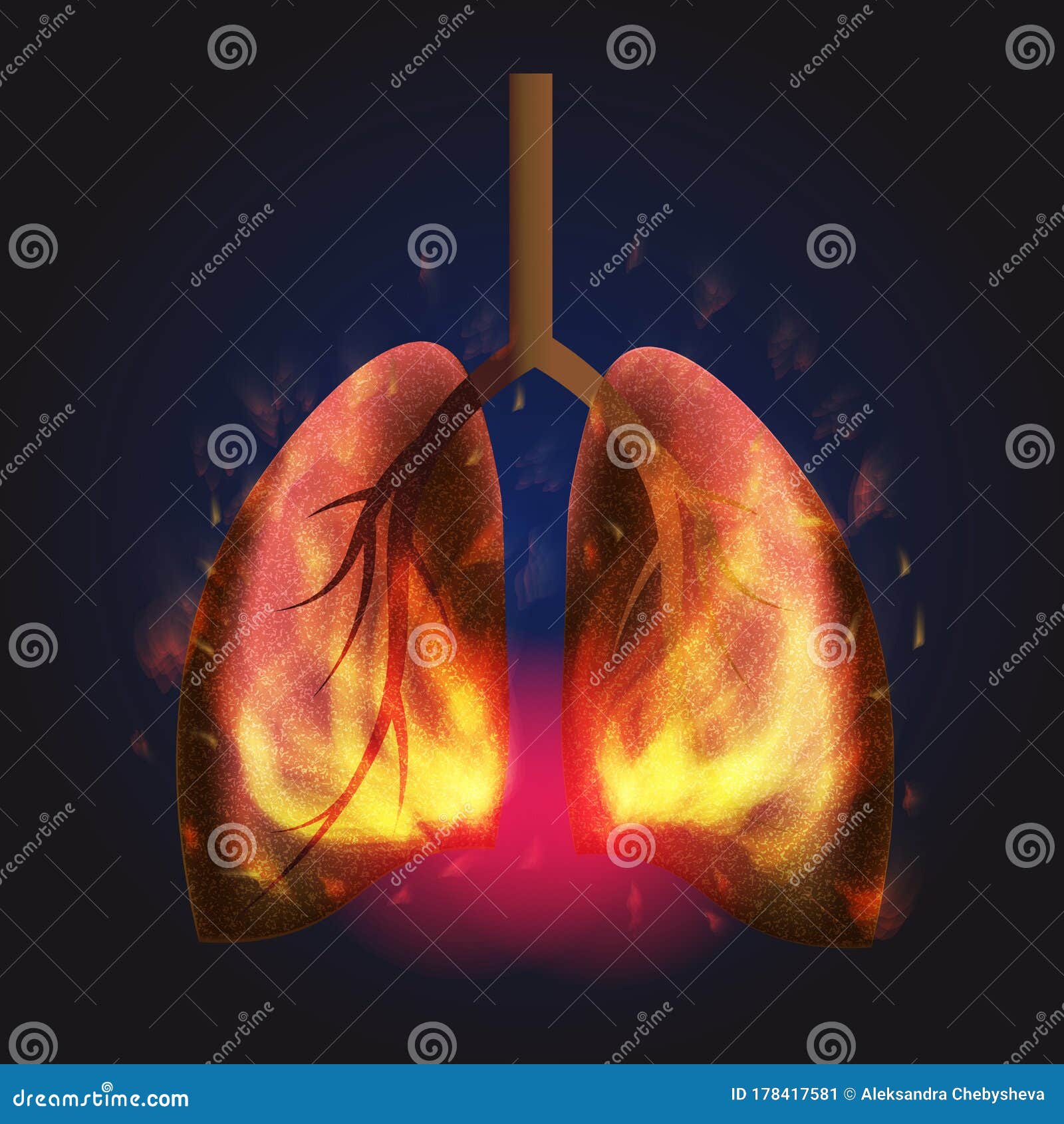
Recently published research found that on average, the incubation period is about five days,” says Harvard. Based on current information, symptoms could appear as soon as three days after exposure to as long as 13 days later. What is the incubation period? “Because this coronavirus has just been discovered, the time from exposure to symptom onset (known as the incubation period) for most people has yet to be determined. You can read some real-life accounts of people who have had coronavirus later in this story as they describe how the virus recovery unfolded for them. Among patients who have died, the time from symptom onset to outcome ranges from 2-8 weeks. Preliminary data suggests that the time period from onset to the development of severe disease, including hypoxia, is 1 week. The median time from onset to clinical recovery for mild cases is approximately 2 weeks and is 3-6 weeks for patients with severe or critical disease. Experts say that it can take about a week of symptoms to know whether an infected person will end up in the hospital and worsen or start to get better. What is the recovery time for coronavirus?Īlthough the recovery time varies, reports show it’s a slow-moving illness that can take between two to six weeks to recover from, depending on how the body responds and the severity of illness. However, others are asymptomatic or experience other symptoms, such as diarrhea, fatigue, a sore throat, a runny nose, and a headache. In short, it can be a slow-burning infection.


COVID-19 recovery time and symptoms can vary by person, but people who’ve had it often describe feeling like a mild cold is coming on before being hit with a fever, a dry cough, and shortness of breath.


 0 kommentar(er)
0 kommentar(er)
